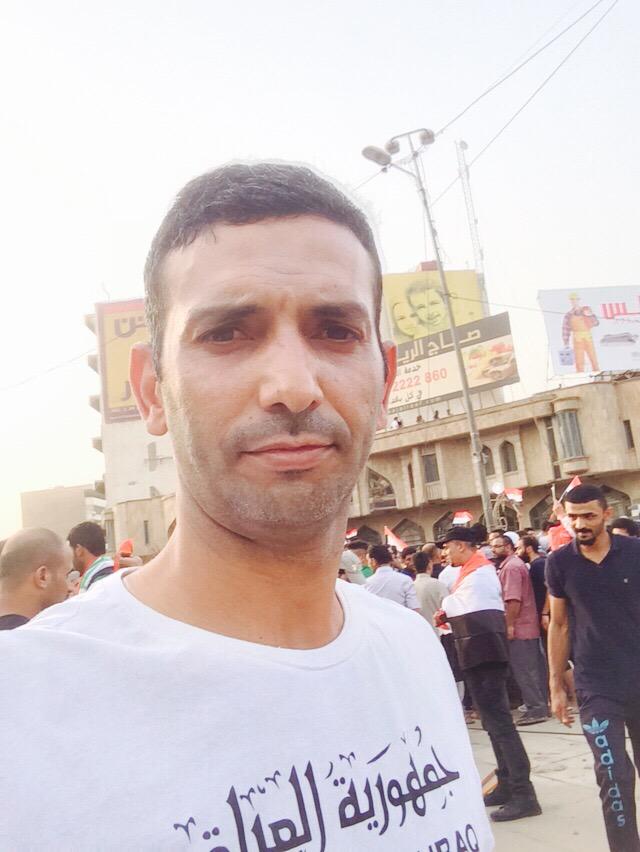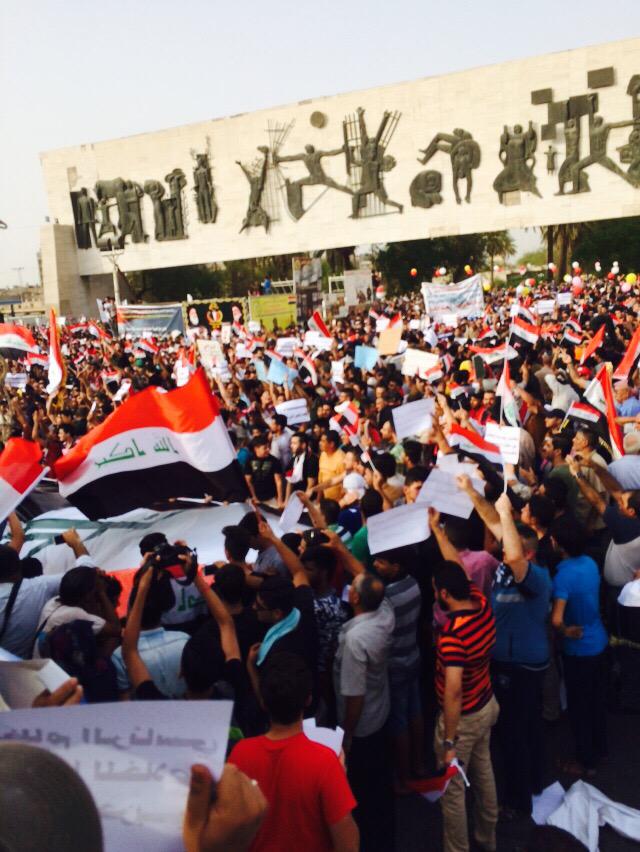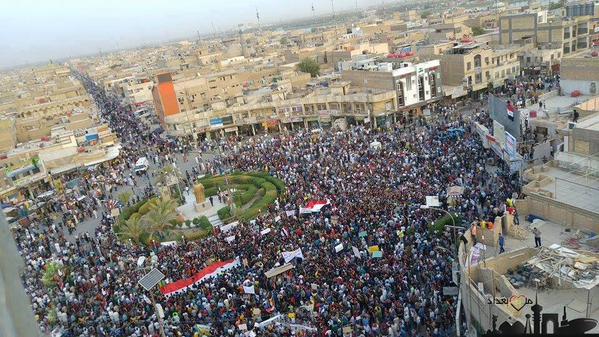BULLY BOY PRESS & CEDRIC'S BIG MIX -- THE KOOL AID TABLE
RUTH MARCUS OF THE WASHINGTON POST FINALLY NOTES FADED CELEBRITY IN CHIEF BARRY O IS "EMBITTERED."
FINALLY.
Along with wondering where Kubis is, Arabic social media is abuzz with questions over Haider's reforms or 'reforms' -- and with good reason.
No one knows what is taking place but everyone's treating the proposals as a good thing.
Are they a good thing?
The US Congress has been repeatedly told this year that Haider was giving more power to local areas and how important this was and how it demonstrated that he was not another Nouri al-Maliki but someone who wanted to share power. Despite this repeated claim, Al Mada notes the reforms or 'reforms' will give Haider the power to fire the local heads of government.
This is a power the prime minister has not had previously.
In addition, Alsumaria reports that he's now declaring he next plans to alter Iraq's Constitution.
While we cautioned here and noted that the political system was going to immediately change to one in which the prime minister was basically a president with sole control of everything, Brookings gushed and issued p.r. copy.
More and more, it's looking like the protests and the protesters were used by Haider and others to push through changes in the political system that do create a more responsive and accountable government.
At the end of July thousands of locals took to the streets of Baghdad to protest against the lack of state services – and especially the breakdown in electricity supply, which was making their lives very difficult in summer temperatures over 50 degrees Celsius. Most of the organisers of these demonstrations were civil society activists and other prominent local personalities and their aims were clearly stated. They wanted the Ministry of Electricity reformed and an end to corruption there.
The demonstrations took place peacefully and there were no clashes with police or military on site; these forces actually distributed water bottles to the demonstrators.
Two days after the first demonstrations, Qais al-Khazali, head of the League of the Righteous militia group, appeared on television proclaiming his support of the demonstrators. The League of the Righteous is one of a dozen or so unofficial armed groups, made up mostly of local Shiite Muslims, that have played an essential role in fighting against the extremist Islamic State group in Iraq. However the League of the Righteous is also known as one of the more extreme of these groups. And most recently the militia has also become known for its support of, and patronage from, former Iraqi Prime Minister, Nouri al-Maliki.
On television, al-Khazali announced the creation of civilian units associated with the Shiite Muslim militias. “The demonstrators should set firm goals,” al-Khazali said, “because the problems in Iraq are not only about the Ministry of Electricity. The problems are part of the whole political system.”
Once again al-Khazali then recommended that Iraq's political system be changed from a parliamentary one to a presidential one. This would in effect give al-Maliki, one of the League of the Righteous' sponsors, more power again; al-Maliki tried to hang onto power after the last elections but was denied by other Iraqi politicians and he has been seen as trying to undermine his successor, current Prime Minister Haider al-Abadi, ever since.
Some of the civil society activists who had first organised the popular protests in Baghdad were upset at al-Khazali's statements. They felt he was trying to hijack the protests to push his own agenda and as a result, some said they would boycott the next lot of protests.
Three days before the second demonstration, which was to take place on August 7, supporters of the League of Righteous in Baghdad began to prepare to take part in the protests.
“A formal letter from the League’s head office was sent to all of our offices,” Karim al-Lami, one of the militia's members based in the Sadr City neighbourhood in Baghdad, told NIQASH by phone. “The letters emphasised the importance of all members and employees participating. Additionally, al-Lami explains, the letter said that militia members shouldn't carry banners or clothing or badges that indicated they were militia members. “They should only use anti-government and anti-Parliament slogans and condemn the poor services,” al-Lami says.
A Shi'ite dominant government led by a Shi'ite prime minister spent the last days eliminating the roles of minorities in the government -- roles the Constitution guaranteed.
The president of Iraq, a Kurd, objected and said what was taking place was unconstitutional.
We noted that here.
Surprisingly, western news outlets ignored such criticism.
Breaking the silence today, Noah Feldman (Bloomberg) offers:
The problem is that there’s no plan to substitute some new guarantor of national cohesion or at least something less than civil war. With Sunni Arabs largely out of the political picture in Baghdad, and the Kurds satisfied for the moment with their de facto autonomy and gradual expansion, there’s no one to tell the Shiite majority that it better find some way to bring the country together again.
One possibility is that, at this point, the Shiites just don’t care. The area controlled by Islamic State doesn’t have significant oil reserves. For the moment, the militant group isn’t immediately threatening Baghdad. From the Shiite perspective, the status quo perhaps doesn’t look so bad. A Shiite statelet in the rump of the former Iraq would include Baghdad as well as the Persian Gulf refineries and ports.
But if Abadi is thinking that he doesn’t need to give Iraqi Sunnis any incentive to take part in a unified Iraq, he’s making a big mistake. Islamic State won’t be satisfied in the long run with a desert enclave. It’ll eventually make a play for Baghdad, with its significant Sunni population. If Baghdad’s Sunnis see no future in a Shiite Iraq, they’ll side with Islamic State when that day comes. That could turn Baghdad into Beirut circa 1975.
What happens now that Haider has what Nouri always wanted?
The representation is no longer what it was. Minority rights are no longer guaranteed.
Haider is firing people that he really doesn't have the legal right to fire.
What about when he fires a Cabinet member?
Because the Constitution specifically forbids this but it's the exact direction that a giddy western press is urging him to move towards.
Recommended: "Iraq snapshot"
"Pacifica"

 Hayder al-Khoei
Hayder al-Khoei 
 Methaq Al -fayydh
Methaq Al -fayydh 

 Ammar karim
Ammar karim 

 Nader Uskowi
Nader Uskowi 
 #IRAQ شمرية العراق
#IRAQ شمرية العراق 



 LEWIS
LEWIS 


